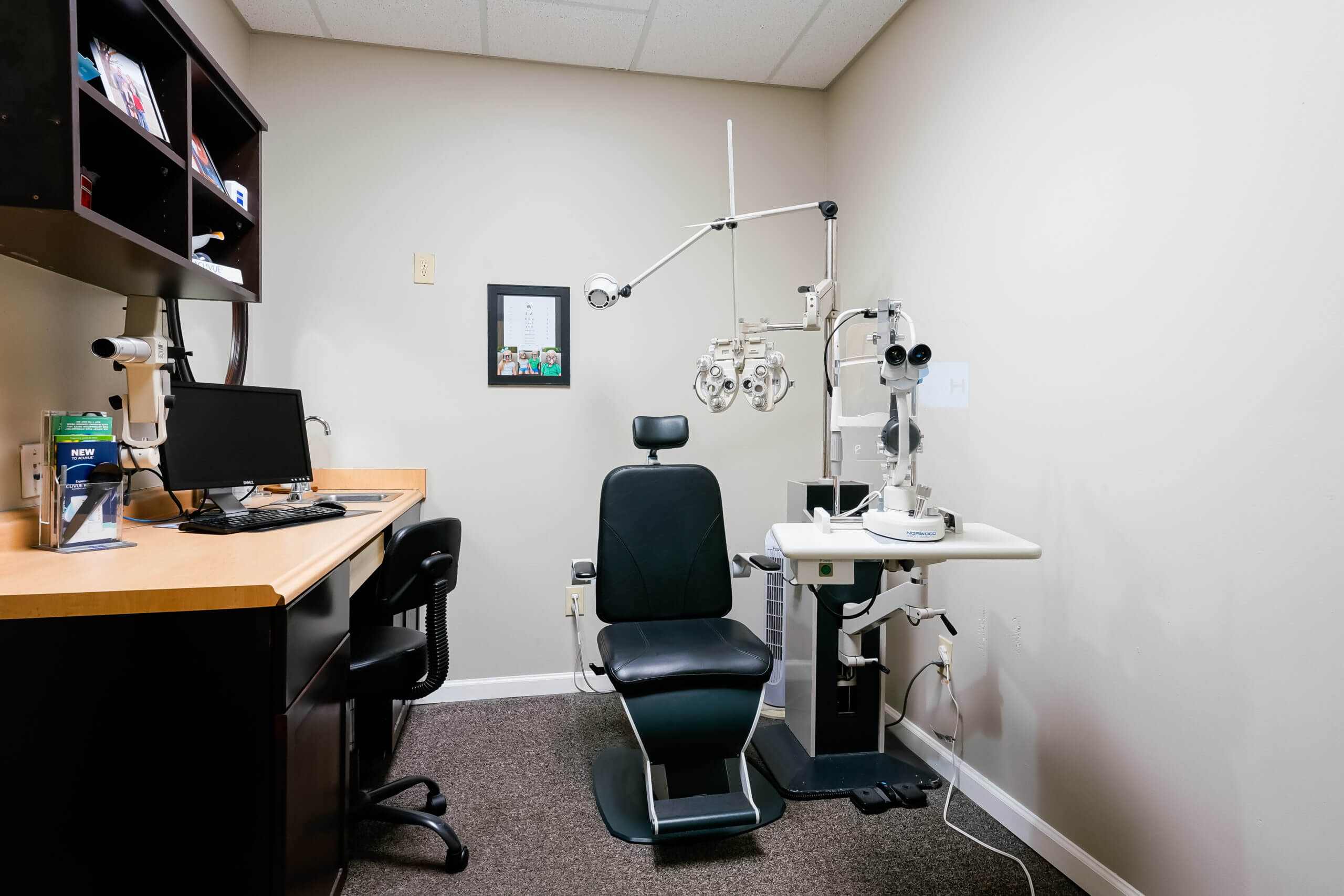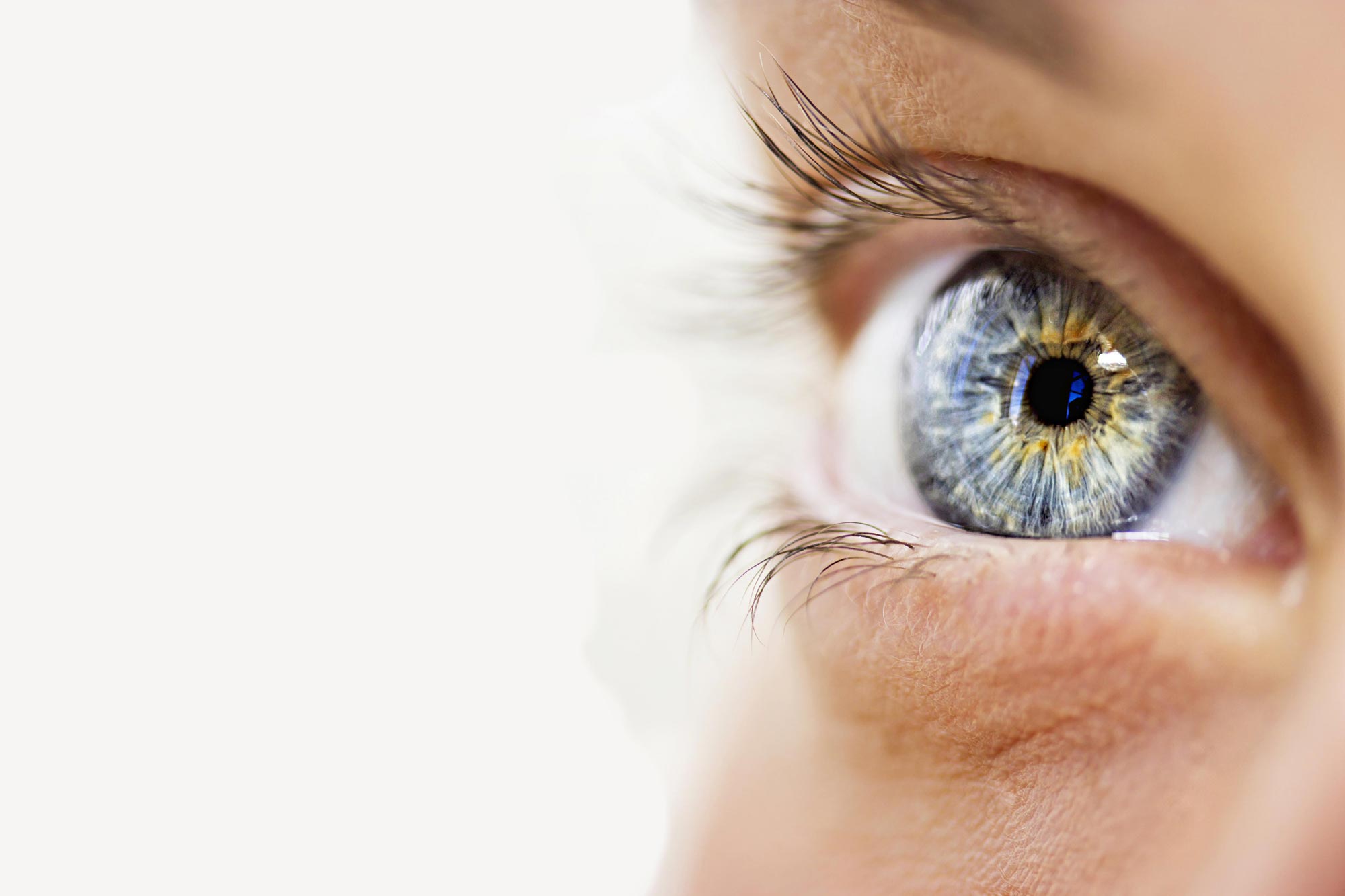Skilled Optometrist for Comprehensive Eye Tests
Skilled Optometrist for Comprehensive Eye Tests
Blog Article
Exactly How an Optometrist Can Aid Prevent and Manage Common Vision Problems Effectively
The role of an eye medical professional extends much beyond simply recommending glasses; it includes a comprehensive approach to stop and taking care of numerous vision problems. Routine eye tests are necessary for very early discovery of problems like refractive errors and glaucoma, enabling prompt interventions that can considerably enhance lifestyle. By developing customized treatment plans and offering support on preventative treatment strategies, eye care experts make sure that people are furnished to preserve optimal eye wellness. Nevertheless, the nuances of their method and the newest innovations in eye treatment may raise questions regarding best techniques and prospective results.
Importance of Routine Eye Exams

Additionally, normal eye tests can reveal systemic health and wellness problems, consisting of diabetes mellitus and hypertension, as the eyes commonly mirror adjustments in overall health and wellness. Developing a routine schedule for eye examinations, usually every one to two years, allows for prompt interventions and can assist protect vision.
Individuals in certain age or with specific threat elements, such as a family history of eye disease or chronic wellness conditions, may take advantage of more frequent assessments. By focusing on these consultations, individuals can ensure they get personalized treatment customized to their unique demands. Ultimately, regular eye exams play a crucial role in both proactive and preventative eye treatment, allowing individuals to maintain their lifestyle and visual function.
Early Discovery of Vision Problems
Early detection of vision issues is vital for reliable monitoring and therapy, as punctual intervention can significantly alleviate the development of eye conditions. Routine eye exams act as a vital tool in determining possible problems prior to they escalate into much more severe problems. Optometrist use different diagnostic techniques to assess visual acuity, eye positioning, and general eye wellness, enabling them to find irregularities at a beginning.
Typical vision issues, such as refractive errors, cataracts, and glaucoma, might not present visible symptoms originally. For that reason, regular testings are essential for individuals of all ages, specifically those with a family members background of eye problems or various other threat factors. Early recognition permits prompt referrals to experts and can lead to far better outcomes, minimizing the likelihood of difficulties.
In addition, innovations in modern technology have boosted the capability to diagnose problems early, consequently boosting the performance of subsequent interventions. Individuals ought to be positive in scheduling routine appointments and connecting any modifications in their vision to their eye treatment company. By focusing on early discovery, people can take considerable strides towards protecting their vision and preserving overall eye health and wellness.
Personalized Therapy Program
When vision troubles are identified, the formulation of personalized treatment plans comes to be important to deal with the unique demands of each patient. Ophthalmologist utilize thorough assessments, consisting of visual acuity tests, refraction assessments, and eye wellness exams, to gather essential information regarding a patient's certain problems. This information assists in creating targeted treatments that straighten with straight from the source the person's way of living, preferences, and overall health and wellness status.
Personalized treatment strategies may integrate a series of options, including corrective lenses, drugs, or progressed treatments tailored to specific problems such as glaucoma, macular deterioration, or diabetic retinopathy. Moreover, the incorporation of instructional parts is vital, as patients are educated concerning their problems and the reasoning behind the chosen therapy methods. This collaborative approach fosters a better sense of ownership and adherence to the treatment program.
Furthermore, follow-up consultations are vital for monitoring progress and making changes as necessary. By prioritizing customized therapy strategies, eye care experts can not just boost the efficiency of interventions but likewise improve the general quality of life for their clients, encouraging them to handle their vision health and wellness proactively and successfully.
Preventive Care Strategies
Preventative treatment strategies play a vital function in maintaining ideal eye wellness and avoiding the start of vision troubles. Regular eye evaluations are basic, as they enable eye care experts to spot potential issues early, even before signs manifest. These examinations can identify refractive mistakes, cataracts, and glaucoma, enabling timely treatment.
Along with regular examinations, taking on a healthy way of living significantly contributes to eye health. A well balanced diet regimen abundant in vitamins A, C, E, and omega-3 fatty acids can improve visual function and reduce the risk of age-related macular degeneration. Additionally, safeguarding the eyes from damaging ultraviolet (UV) rays by wearing sunglasses with correct UV security is necessary in protecting against problems like cataracts.
Consistently engaging in physical activity also advertises general health, consisting of eye health and wellness. By implementing these preventative care methods, people can considerably enhance their eye health and minimize the possibility of developing severe vision troubles.

Role in Managing Chronic Conditions
Managing chronic conditions commonly requires a collective strategy, and eye medical professionals play an essential role in this process. Many systemic diseases, such as diabetic issues and high blood pressure, have substantial ocular ramifications that can impact vision. Eye physicians are vital in monitoring and taking care of these conditions, as they can find early indicators of difficulties that may not appear to the patient or primary care provider.
For example, diabetic person retinopathy is a typical repercussion of unmanaged diabetes, and regular eye examinations can help with early treatment, avoiding severe vision loss. Ophthalmologist can additionally offer customized guidance regarding lifestyle changes and essential medical recommendations to ensure detailed client care.
Moreover, problems like autoimmune problems might show eye signs, requiring an eye doctor's competence in both vision treatment and the underlying systemic problems. eye doctor. By functioning carefully with main treatment medical professionals and various other experts, optometrist aid website here work with therapy techniques that encompass both aesthetic and total health

Conclusion
In conclusion, the duty of an eye medical professional is essential in protecting against and managing usual vision problems. Via the application of preventative care strategies and attentive administration of persistent problems, eye medical professionals contribute substantially to the improvement of total vision health and wellness.
By establishing individualized therapy plans and offering guidance on preventative care methods, eye care professionals guarantee that people are geared up to keep optimum eye health and wellness.Regular eye examinations are crucial for preserving optimum vision and overall eye health and wellness. During an eye test, an eye treatment expert assesses visual acuity, assesses the health and wellness of the eyes, and might carry out tests to see here examine for problems such as glaucoma, cataracts, and macular degeneration.
Eye medical professionals use numerous diagnostic methods to evaluate aesthetic skill, eye placement, and overall eye health, enabling them to identify problems at an early phase.
Normal eye evaluations are essential, as they allow eye treatment experts to spot potential problems early, even before symptoms manifest. (eye doctor)
Report this page